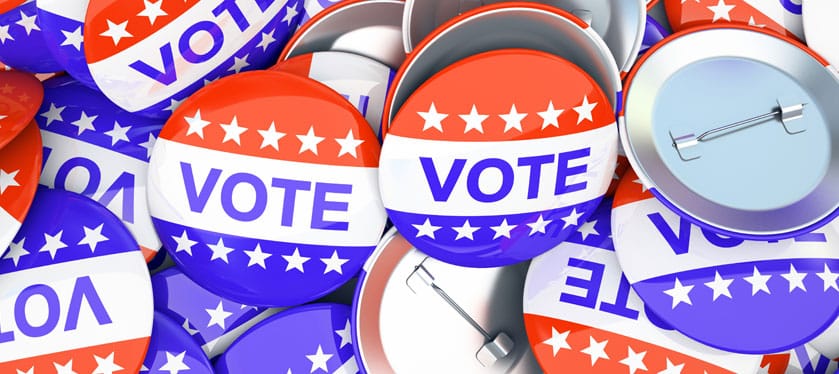You Won. You Got Sworn In. Now What?

Last year was a local government election year and new township supervisors, borough councilmen and township commissioners were sworn in all over Pennsylvania. Now what? If you’re like the average citizen in your locality, you really don’t know much about the job you just worked hard to get. So here’s a primer on local governments in PA.
First, the election is over. So no matter what they said about you, to you, or behind your back, let it go. The election is over and what matters now is what’s best for your municipality. Why does this matter? Well, your next election is four or six years away, and if you want to get anything done, you need more than your own vote. On a three member board, you need at least one other person to agree with you and on a five member board, two others, so relationships matter. If you continue to fight, you will not form, or worse yet, you will ruin, whatever chance you have to form the relationships that result in consensus on the board and majority votes. Gridlock is frustrating, annoying and no way to run a local government—or to spend Tuesday evenings for the next four years.
And what parts of your borough or township should you be prepared to run? Police, fire and emergency services are your first and arguably most important duty. That’s on you in local government. How’s that volunteer Fire Company doing? Are you helping them get and keep volunteers? Buy equipment? Did you know a firetruck costs a million dollars? Do you have an Emergency Response Plan? Have you read it? As we saw with Hurricane Katrina, by the time federal disaster relief gets there, the place is flooded out and it’s time to clean up.
And what else? Well, Pennsylvania has followed Dillon’s Rule since 1870, which means local governments are “creatures of the state” and have only those powers given to the local government by state laws—like the planning and zoning powers delegated to local government under the PA Municipalities Planning Code (the “MPC”). The Borough Code and Township Codes give general powers and responsibilities over specific local issues, like emergency services, local roads, local lands, recreation, local taxation and local budgeting. Stay in your swim lane. You’ve got plenty to do without trying to duplicate or take on issues in federal or state jurisdiction.
And finally, what do you want your town or township to look like in twenty years? Your actions today can make or break that vision. Go for it! (Kate Harper, Esq. – Former Chair, PA House Local Government Committee – January 2020)





